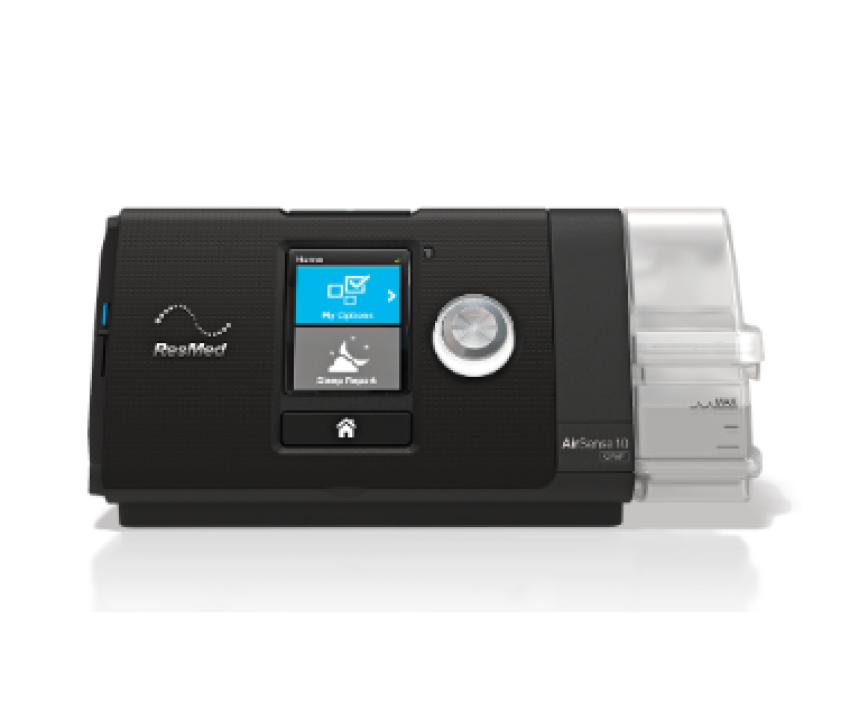
Sleep apnea can do more than just make you tired. It can affect how your brain works. People with sleep apnea often deal with mental health problems like anxiety, depression, and memory issues. It’s not just about snoring or feeling sleepy during the day. It’s about your brain not getting the rest it needs.
When you stop breathing many times a night, your oxygen levels drop. Your brain keeps waking up, even if you don’t remember it. This leads to poor sleep. Over time, this can affect your mood, your focus, and how you handle stress. You might feel irritated for no reason. You may feel sad and not know why. This is where the connection to neurology and mental health becomes clear.
The brain needs deep sleep to reset and repair. Without it, the neuro system suffers. You may feel foggy. Some people forget simple things. Others start having panic attacks or feel depressed. Doctors in neurology often see patients with sleep issues that link back to untreated sleep apnea. That’s why treating sleep apnea is not just about fixing snoring—it’s about protecting the brain.
Some people think they just have insomnia. They can’t fall asleep or wake up often. But sometimes, what feels like insomnia is actually sleep apnea. The symptoms can overlap. That’s why a proper sleep test is important.
One of the most common and effective ways to treat sleep apnea is with a CPAP machine. It’s a device that helps you breathe normally while you sleep. It keeps your airway open by sending steady air pressure through a mask. You wear the mask over your nose or mouth.
If you’re using a ResMed device, the technology is reliable and quiet. Many people say it helps them sleep through the night. Over time, their mood gets better. They feel less anxious. Some people even say their memory and focus improve. It doesn’t happen overnight, but with regular use, you’ll see a difference.
If you’ve already got a device, make sure it fits you well. A poor-fitting mask can leak air and disturb your sleep. If you’re struggling with your mask, try a different size or type. There are full face masks, nasal masks, and nasal pillows. Finding the right one makes a big difference.
If you're on neurology medicine for anxiety or depression, ask your doctor if sleep apnea could be part of the problem. Sometimes, treating the sleep issue helps reduce the need for other meds. You don’t want to treat only the symptoms. It’s better to treat the root cause.
My device helps people with sleep apnea feel better over time. It’s not just about better sleep. It’s about better mental health. If you're dealing with mood swings, low energy, or poor focus, it might not just be stress. It could be sleep apnea. And CPAP can help.




